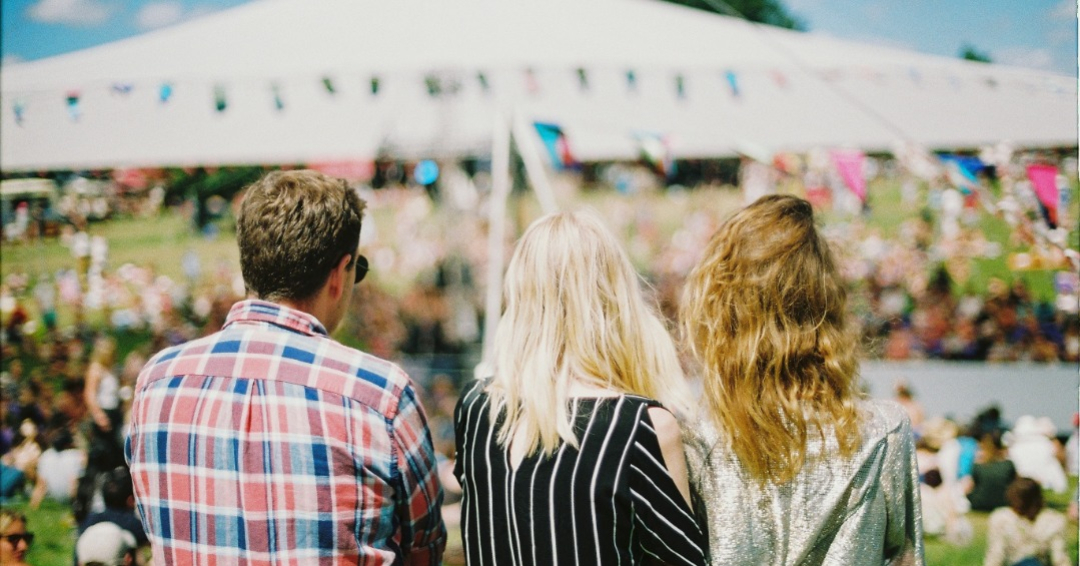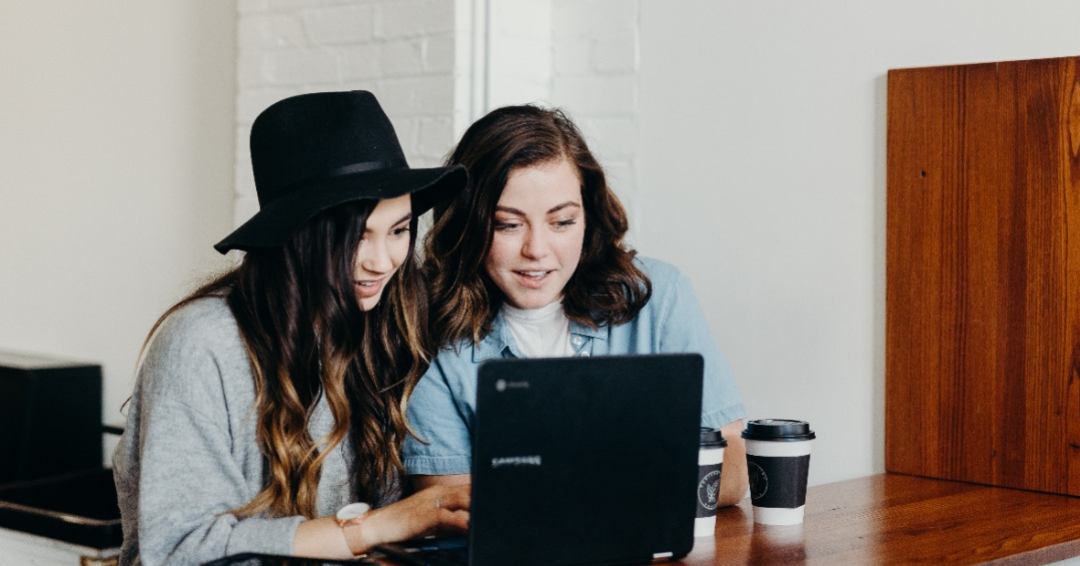
Pop-up events can offer several benefits to brands, contributing to their marketing, branding, and customer engagement efforts. Here's how pop-up events can help brands:
- Create Buzz and Excitement: Pop-up events are temporary and exclusive, creating a sense of urgency and excitement among customers. This buzz can generate anticipation and interest in a brand and its offerings.
- Brand Exposure: Pop-up events often attract attention from local media, influencers, and social media users. This increased exposure can help brands reach a broader audience and garner media coverage that might not be achievable through regular marketing efforts.
- Engagement with Target Audience: Brands can directly engage with their target audience in a physical, face-to-face setting. This personal interaction allows for more meaningful connections and a chance to better understand customer preferences and feedback.
- Showcase New Products or Services: Pop-up events provide an opportunity to showcase new products, services, or limited-edition items. Brands can create a sense of exclusivity and curiosity around these offerings, encouraging attendees to explore and purchase.
- Test Market Reactions: Brands can use pop-up events to test new concepts, products, or marketing strategies in a controlled environment. This can help gauge customer reactions and gather valuable feedback before a full-scale launch.

- Enhance Brand Image and Identity: Well-designed pop-up events allow brands to create immersive and unique experiences that align with their identity. This helps reinforce the brand's image and values in the minds of attendees.
- Build Customer Loyalty: Providing an exclusive experience to customers through pop-up events can foster a sense of loyalty. When customers feel valued and engaged, they're more likely to develop a deeper connection with the brand.
- Generate Social Media Content: Pop-up events often result in shareable moments and visually appealing settings. Attendees are likely to share their experiences on social media platforms, creating user-generated content that showcases the brand in an authentic and relatable way.
- Drive Foot Traffic and Online Traffic: Brands with physical locations can use pop-up events to drive foot traffic to their stores, increasing the chances of impulse purchases. Additionally, pop-up events can boost online traffic as attendees share their experiences and search for more information about the brand online.
- Create FOMO (Fear of Missing Out): Limited-time nature and exclusivity of pop-up events can create a sense of FOMO, motivating potential customers to attend and engage with the brand to avoid feeling left out.
- Networking and Partnerships: Pop-up events can provide opportunities for brands to collaborate with complementary businesses, influencers, or artists. Such partnerships can expand the brand's reach and introduce it to new audiences.
- Collect Customer Data: Brands can collect customer information, such as email addresses, during pop-up events. This data can be used for future marketing efforts and for building a more robust customer database.
- Direct Sales Opportunities: Pop-up events can lead to direct sales on-site, providing an immediate revenue boost. They also offer a chance to upsell or cross-sell products/services to engaged customers.
Pop-up events offer a unique way for brands to connect with their audience, create memorable experiences, and leave a lasting impact. When executed thoughtfully, they can contribute to increased brand awareness, loyalty, and sales.
Hosting a pop-up event of course takes time, planning and budget, and finding the right space for your event can be a lengthy process, however, our job is to make that part easier for you. Poptup connects you with thousands of venues across 6 major cities around the world allowing you to agree on a location, a price and manage payments all from one platform, and we even have how-to guides in case you need a little extra help.




